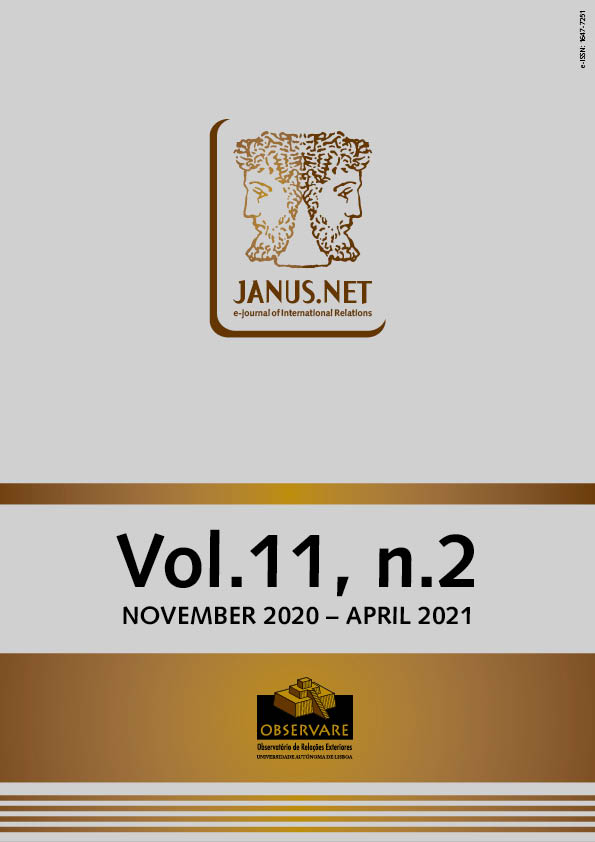Energy resources since the industrial revolution have been paramount for both developing and developed countries. Therefore, the urgent need for and control over energy resources in order to have an advantage against rivalries have become a significant part of national security. From the late 18th century to early 20th century, coal and gasoline were major energy resources to make machines operational but they have been gradually replaced by the fossil fuels, oil and gas. While transformation is happening, dependency on energy resources in the fields ranging from housewarming to jet fuels dramatically increased. Having adequate energy resources, in this sense, provides industrially and economically strategic advantages for a country, so military or political struggles over energy resources have been a salient issue in international relations. This paper seeks to examine the struggle over energy resources under the light of Alsace-Lorraine case and to compare the results with the Cyprus case. In doing so, securitization studies facilitate theoretical ground on how energy resources are securitized, which leads to a country to take extreme cautions, including armed conflict and on how energy resources are de-securitized, which leads to changes in foreign policies from conflict to cooperation.
SECURITIZATION AND DESECURITIZATION OF ENERGY RESOURCES: INSIGHTS FROM ALSACE-LORRAINE FOR CYPRUS ISLAND
Doctorate of Philosophy (PhD) at Exeter University, Master of Arts at the School of Orient and African Studies, Eurocenters Academic English Course in London. Assistant Professor at Adiyaman University, in the Department of Public Management (Turkey). Managing Editor of The Rest Journal: Politics of Politics and Development (Journal of Global Analysis). Director of Cesran Turkey Desk.
Adiyaman Üniversitesi (Turkey). Ph.D. Candidate in International Relations, Kadir Has University. M.A. in International Relations, Macquarie University, Sydney. B.A, Public Administration, Selcuk University.
Resumo
Palavras-chave
Como citar este artigo
Dag, Rahman; Firat, Mehmet Ferhat (2020). “Securing and desecuritisation of energy resources: insights from Alsace-Lorraine for Cyprus island”. In Janus.net, e-journal of international relations. Vol. 11, No. 2 Consulted [online] at date of last visit, DOI: https://doi.org/10.26619/1647-7251.11.2.1
Article received on 17 November, 2019 and accepted for publication on 3 September, 2020















